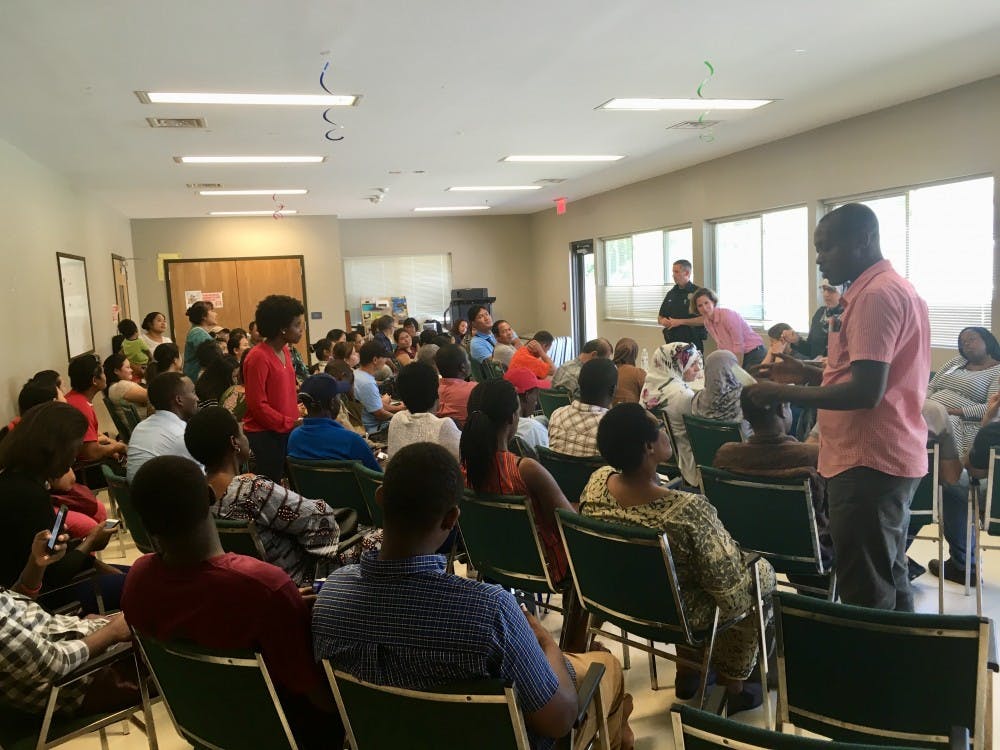Jorge Gutiérrez, coordinator of the Building Integrated Communities project, came to Chapel Hill from Mexico for the same reason as many others: the education at UNC. His wife was entering a Ph.D program at Carolina.
“Our circumstances were very different than from most of the folks who come here looking for a better life, but there is still a connection,” he said. “I came here without knowing anything about the place, so I have also gone through a process of adaptation — a process of integration.”
Over the course of the past decade, during which his wife became a faculty member at UNC, Gutiérrez said he has developed a connection to the University, which made it only natural for him to join the BIC team.
The project, which is facilitated by the University's Latino Migration Project, works with two different town governments over the course of two years to help find innovative ways to better integrate immigrants and refugees into their communities. Right now, BIC is working with Chapel Hill and Siler City.
Julia Eh Paw, who came to Chapel Hill six years ago as a refugee from Burma, works as a interpreter for the Refugee Support Center. She said she has felt welcomed to the town.
“Chapel Hill is a good city, and I like the neighbors in the community,” she said.
RSC, which offers a variety of services including assistance with housing, finances, immigration legal services and translation, connected Ehpaw to a UNC student tutor who helped her children learn English.
Flicka Bateman, founder and director of RSC, said she was inspired to open the center after becoming close with and assisting a Burmese refugee family that lived across the street from her.
“We spend a lot of time focusing on refugees’ needs, their anxieties, their fear, and I want also to say: they have strengths, they are resilient, they are the bravest people I know,” she said. “They have been through much worse than getting used to American culture and learning the English language, and there’s no doubt in my mind that they’re going to come out on top here.”




